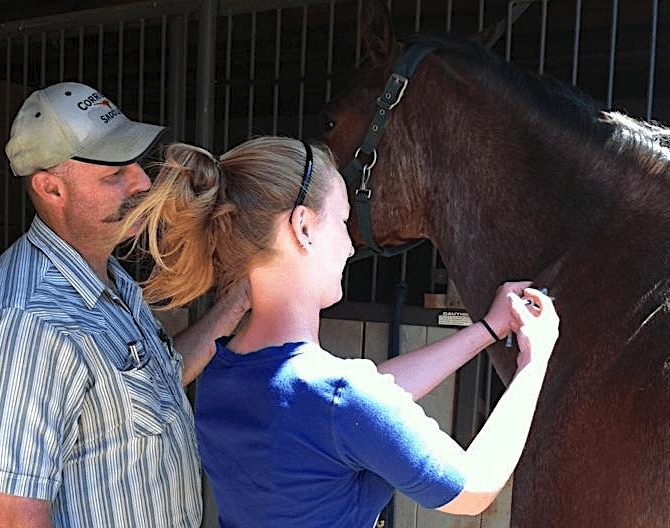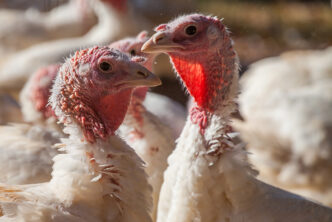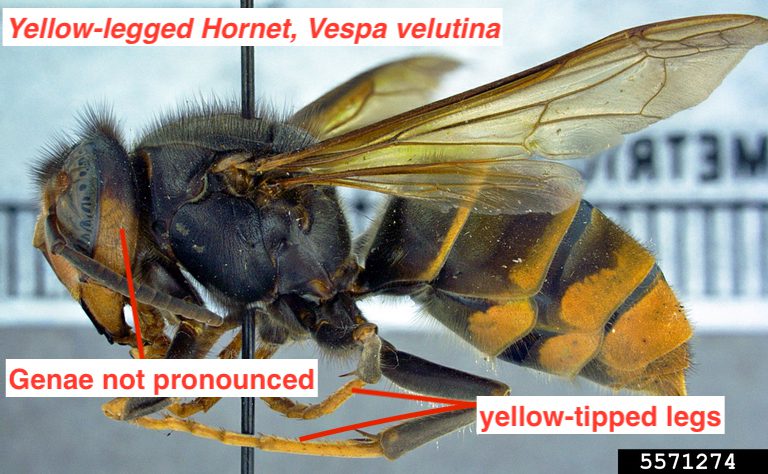Two more South Carolina horses have tested positive for Equine Infectious Anemia (EIA), bringing the number of confirmed cases in the state to five in the past month, State Veterinarian Michael Neault has announced.
All five cases stem from a bush track horse racing training facility, Neault said. All five horses have been euthanized.
The virus that causes EIA is often transmitted by bloodsucking insects like biting flies but also can be introduced by infected needles or other medical, dental or tattoo equipment.
“We know how the disease spreads, so we also know how to minimize or even stop the spread,” said Neault, who directs Clemson Livestock Poultry Health, a state regulatory agency responsible for protecting animal health by controlling disease.
“Horse owners sometimes re-use needles when vaccinating multiple animals because it’s cheaper and easier. That’s an open invitation to the spread of disease,” he said. “Only use sterile needles and syringes; never reuse them. Proper insect control also will help mitigate the spread.”
Prior to the five cases identified this summer, which infected horses from Barnwell and Berkeley counties, the most recent case of EIA in South Carolina was in a single donkey infected in Aiken County in 2014.
The blood-borne illness does not infect humans but is potentially fatal to horses and other equine species.
“There is no treatment for EIA, so if an infected animal does not die from the disease it will become a lifelong EIA carrier and serve as a reservoir for the disease, putting other equines at risk,” Neault said. “For this reason, they must be permanently isolated and quarantined from other animals or they must be euthanized.”
LPH encourages equine owners to have an annual Coggins test — a blood test that screens for EIA antibodies — performed on their horses even if the animals don’t leave their own farm. That is especially important if they are housed at a boarding facility, said Sean Eastman, LPH Field Services director.
State law requires a negative Coggins test any time horses cross state lines and when owners take their horses to in-state gatherings of animals belonging to more than two horse owners — such as trail rides, horse shows or competitions. Owners should bring Coggins test documents with them when traveling with horses.
EIA is a reportable animal disease in all 50 states, meaning that positive cases must be reported by the testing laboratory to local state or federal animal health officials within two days of discovery. LPH maintains an animal reportable diseases list online at: www.clemson.edu/public/lph/ahp/reportable-diseases/.
“EIA is communicable to other horses and is a serious animal health threat,” Neault said. “Thankfully, with other deadly diseases like Eastern Equine Encephalomyelitis, West Nile Virus and rabies, we have effective equine vaccinations available. So it’s a good idea for all horse owners to plan a regular Coggins test just like they do their animals’ annual vaccinations.”
END







